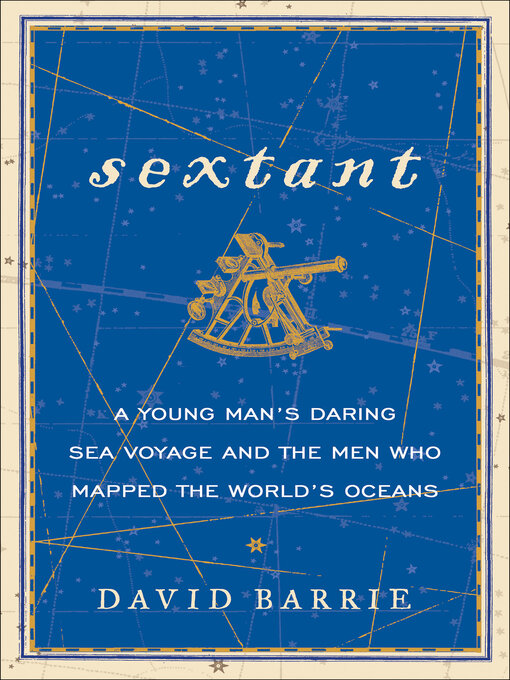- African American Fiction
- Biography
- Business
- Christian Fiction
- Classics
- Comics
- Cooking & Food
- Fantasy
- Health & Fitness
- Historical Fiction
- History
- Horror
- Mystery
- See all ebooks collections
- African American Fiction
- Biography
- Business
- Christian Fiction
- Classics
- Fantasy
- Health & Fitness
- Historical Fiction
- History
- Horror
- Mystery
- Politics
- Religion & Spirituality
- See all audiobooks collections
- Most Popular Magazines
- Just Added
- Art & Architecture
- Business & Finance
- Cars & Motorcycles
- Celebrity & Influencers
- Cooking & Food
- Crafting & DIY
- Culture & Literature
- Fashion
- Health & Fitness
- Home & Garden
- Hunting & Fishing
- See all magazines collections

